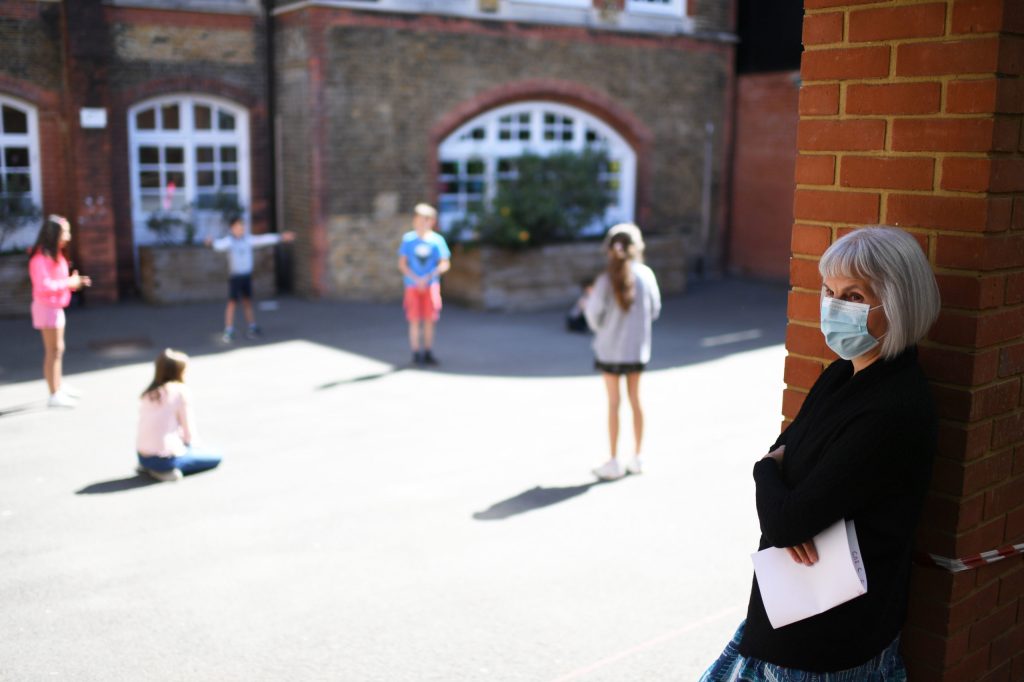From the beginning of the lockdown in March, it became clear that children were going to have a very different experience depending on where they are educated. Many private schools and some of the best public schools immediately made arrangements for teaching to continue online, uninterrupted. For many other children, it has been a case of only being set the odd homework assignment.The quality in educational experience during the lockdown is going to have a very large impact on attainment. A rapid evidence assessment by the Education Endowment Foundation, a British think tank, has attempted to put a figure of just how the attainment gap could grow if children are kept out of the classroom until September. Using studies from around the world that have been conducted into previous school closures — caused by adverse weather, hurricanes, strikes and pandemics, as well as the annual summer vacation — it has concluded that the attainment gap could wipe out a decade of gains from education policy.
Extrapolation from those studies suggested that a near six-month closure of schools could lead to an attainment gap of between 11 percent and 75 percent, with a median figure of 36 percent. One of the studies involved — which looked at primary age children in North America — concluded that an annual three-month summer vacation widened the gap between middle-class and working-class children by three months — a figure that is slightly greater in maths and slightly lower in reading.
[special_offer]
The Foundation proposes that measures will have to be introduced after the lockdown to help children from poor homes to catch up. One-to-one tuition, it says, could make up for five months’ progress. Even low-cost tuition provided by university students, it says, would be worth three months’ progress. It also suggests that, following the lockdown, money would be best spent on professional development of teachers in schools with the most disadvantaged children. This article was originally published onThe Spectator’s UK website.


















